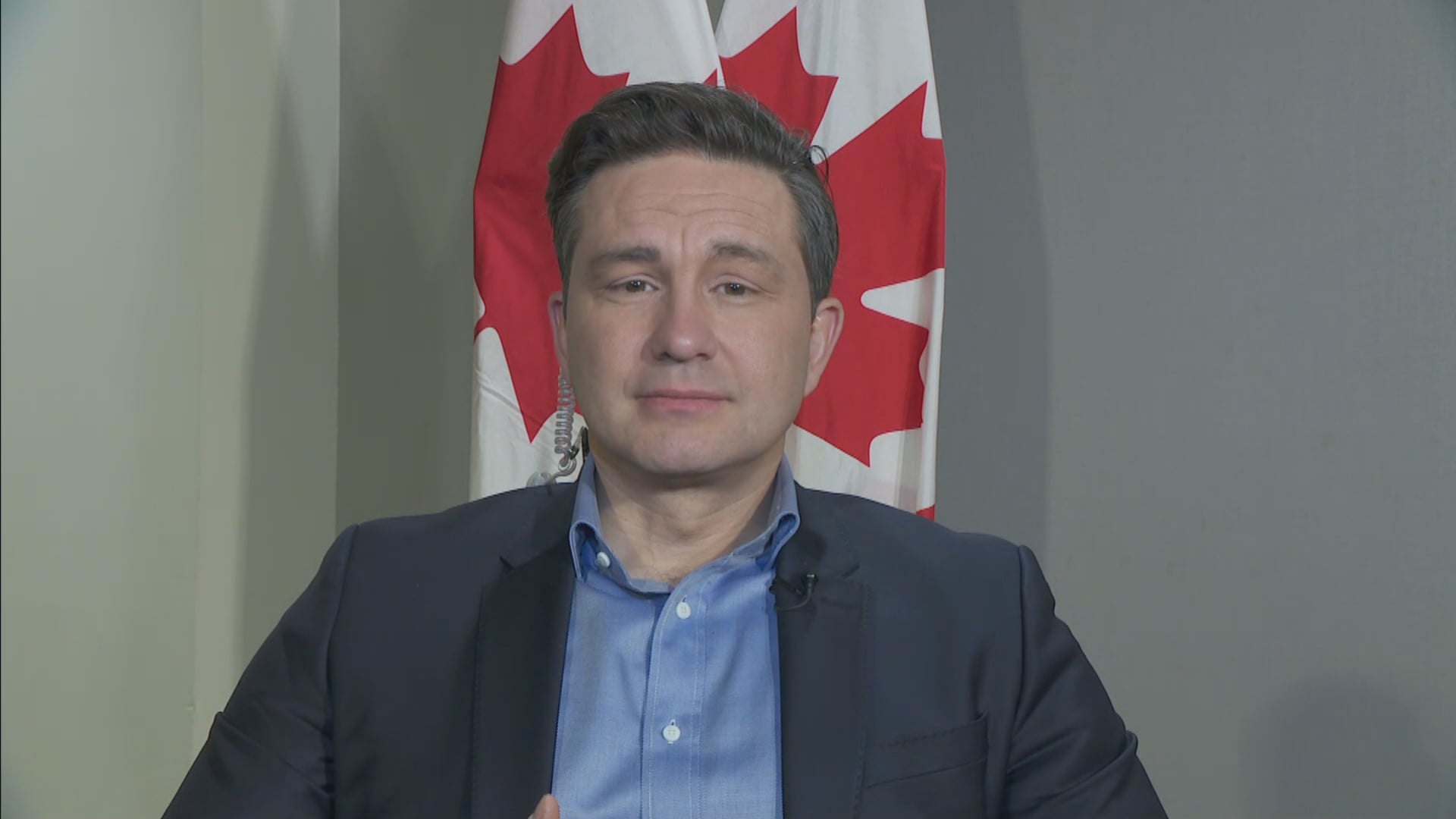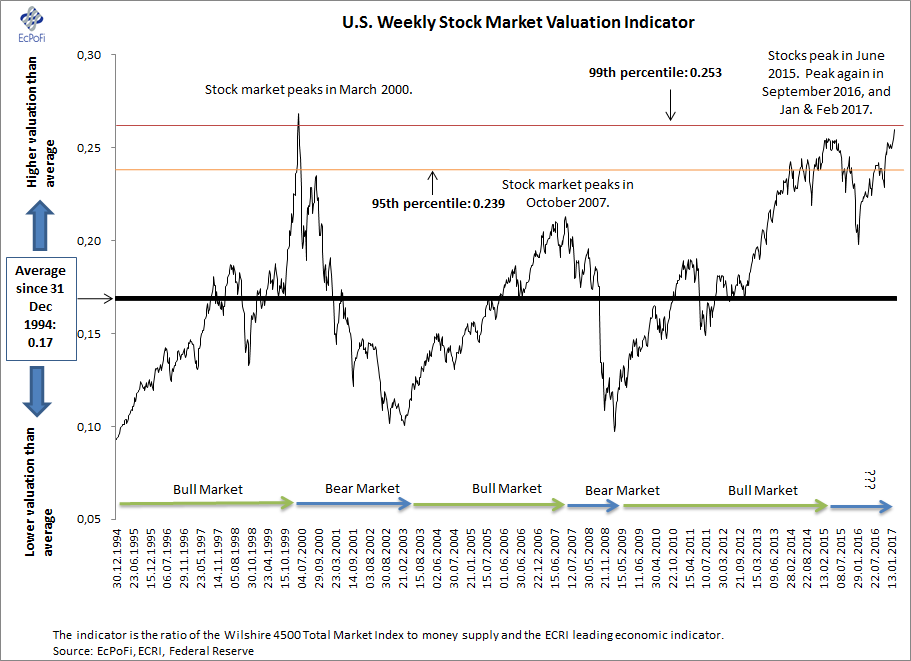Canada Election: Pierre Poilievre Fails To Secure His Seat

Table of Contents
Poilievre's Campaign Strategy and its Shortcomings
Pierre Poilievre's campaign, while energetic, faced several strategic challenges. His messaging, often characterized by strong rhetoric and a focus on "freedom" and economic anxieties, resonated with a segment of the population but arguably alienated others.
-
Analysis of Poilievre's campaign promises: Poilievre's platform focused heavily on tackling inflation and reducing the cost of living, promising to reign in government spending and lower taxes. While these resonated with voters concerned about their financial situations, they may not have offered concrete solutions to the complex economic realities facing Canada. His criticisms of the Bank of Canada, in particular, were seen by some as potentially destabilizing.
-
Effectiveness of his communication style: Poilievre’s populist style, while engaging for his base, may have been perceived by some as confrontational or divisive. His use of social media, while extensive, was not always strategically deployed, sometimes leading to controversies that overshadowed key policy messages.
-
The Conservative Party's overall election strategy: The Conservative Party's campaign appeared to rely heavily on targeting specific demographics and regions, potentially overlooking opportunities to broaden their appeal to a wider electorate. Their get-out-the-vote strategy might also have fallen short.
-
The role of social media: Social media played a significant role in both disseminating Poilievre's message and amplifying criticisms of his approach. While providing a direct line to voters, this channel also made him more vulnerable to misinterpretations and attacks.
-
Comparison to previous Conservative campaigns: Compared to previous successful Conservative campaigns, Poilievre’s campaign lacked the broad appeal and coalition-building that characterized Stephen Harper’s rise to power. A more inclusive strategy may have been necessary to achieve a broader victory.
Key Factors Contributing to the Defeat
Poilievre's defeat resulted from a confluence of factors beyond his campaign strategy.
-
Impact of economic policies: The persistently high inflation rate and rising cost of living significantly impacted the election. While Poilievre addressed these issues, his proposed solutions may not have convinced enough voters of their efficacy.
-
Influence of social issues: Social issues such as climate change and healthcare played a notable role. Poilievre's stance on these issues, while appealing to some, likely alienated others who prioritized government action on these fronts.
-
Performance of other parties: The Liberal Party, under Justin Trudeau, successfully highlighted their efforts on economic recovery and social programs. The NDP, by offering a more left-leaning alternative, drew support from voters disillusioned with both the Liberals and Conservatives.
-
Voter demographics and voting patterns: Regional variations in voting patterns were significant. While Poilievre enjoyed strong support in certain areas, he failed to secure enough votes in crucial swing regions to secure a majority.
-
Public opinion polls: While polls are not perfect predictors, they suggested a relatively stable level of support for the Liberals and a challenge for the Conservatives to achieve a majority government.
The Role of the Media in Shaping Public Perception
Media coverage significantly shaped public perception of Poilievre’s campaign.
-
Media coverage of Poilievre's campaign: The media's portrayal of Poilievre ranged from positive to highly critical, with different outlets offering contrasting narratives. This varied coverage likely contributed to the public's fragmented understanding of his platform and persona.
-
Potential biases in media reporting: Claims of bias in media reporting, both perceived and real, undoubtedly influenced public opinion. The nature of this bias varied across different media outlets.
-
Portrayal of the election by news outlets: The manner in which various news outlets framed the election narrative inevitably influenced how voters understood the candidates and their policies.
Implications for the Future of the Conservative Party
Poilievre's defeat presents significant challenges for the Conservative Party.
-
Future leadership: The outcome raises questions about Poilievre’s continued leadership and the potential for internal party divisions. A period of reflection and strategic reassessment is likely.
-
Need for party reform: The party may need to review its messaging, strategy, and platform to appeal to a broader range of voters. This may involve a more nuanced approach to economic and social issues.
-
Prospects in future elections: The party's future prospects depend on its ability to adapt to the evolving political landscape and address the concerns of Canadian voters effectively.
Conclusion
The 2023 Canadian election saw Pierre Poilievre’s bid for the Prime Ministership fall short, a result influenced by a complex interplay of factors including his campaign strategy, economic conditions, the performance of competing parties, and media coverage. This unexpected outcome has significant implications for the future direction of the Conservative Party and Canadian politics as a whole. To learn more about the intricacies of the Canada Election and the impact of Pierre Poilievre’s unsuccessful campaign, continue exploring in-depth analyses and expert opinions on the subject. Stay informed about the evolving Canadian political landscape and the future of the Canada election.

Featured Posts
-
 Atff Altyapi Secmeleri Stuttgart Ta Gelecegin Yildizlarini Ariyoruz
May 01, 2025
Atff Altyapi Secmeleri Stuttgart Ta Gelecegin Yildizlarini Ariyoruz
May 01, 2025 -
 Frances Rugby Triumph Duponts 11 Point Masterclass Against Italy
May 01, 2025
Frances Rugby Triumph Duponts 11 Point Masterclass Against Italy
May 01, 2025 -
 Stock Market Valuation Concerns Why Bof A Remains Confident
May 01, 2025
Stock Market Valuation Concerns Why Bof A Remains Confident
May 01, 2025 -
 Italy Vs France Six Nations Result Leaves Ireland Worried
May 01, 2025
Italy Vs France Six Nations Result Leaves Ireland Worried
May 01, 2025 -
 Coronation Streets Daisy A Look At Her Early Career As A Stripper
May 01, 2025
Coronation Streets Daisy A Look At Her Early Career As A Stripper
May 01, 2025
